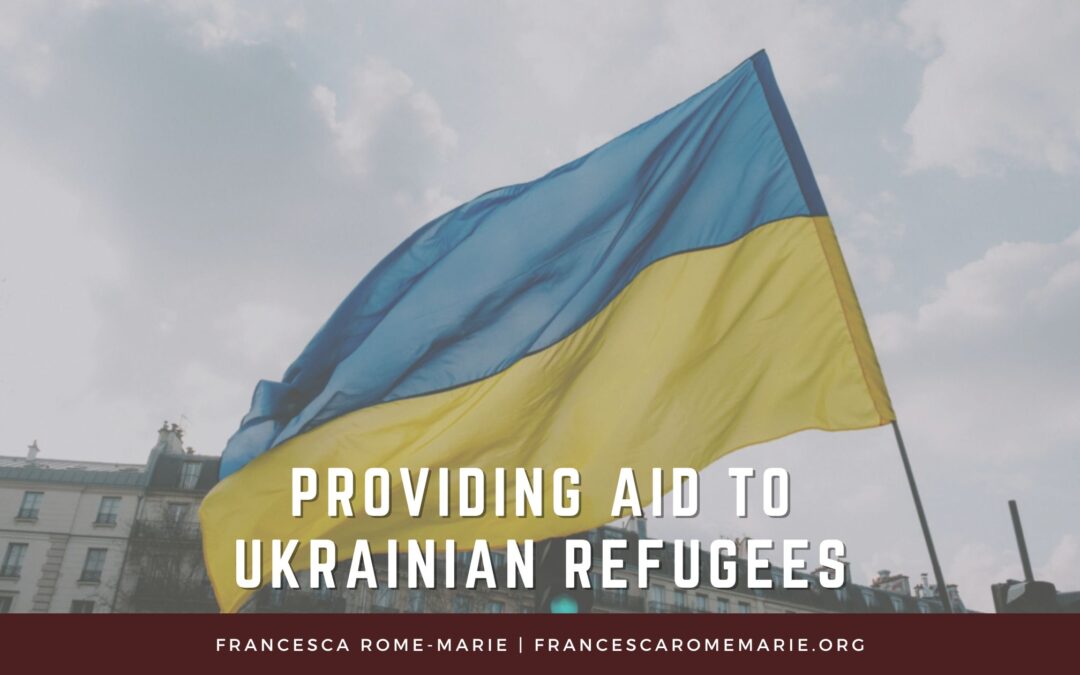Before the current invasion started, about 1.5 million people were internally displaced within Ukraine. Since this stage of the conflict began on February 24, about 4 million people have fled. This is about 10% of the country’s population of 44 million.
Some of those fleeing Ukraine were already refugees from countries such as Syria and Afghanistan. Half of the refugees are children.
Here are some ways you can help.
Donate Cash
The realities of fleeing your home are stark. For most people, the best way to help refugees is by giving cash – either directly or to reputable crowdfunding and aid organizations.
Crowdfunding is a powerful tool for local efforts in the region. GlobalGiving.org routinely gets high marks from charity ranking sites and has established a Ukraine Crisis Relief Fund.
There is also benefit to the logistical expertise of well-established aid organizations. Save the Children, International Rescue Committee, Doctors Without Borders, and UNHCR are among those providing ongoing aid. Smaller organizations also do vital work on the ground and many major news sites have lists of verified charities.
Be Open to Refugees…
You can directly help refugees by letting them stay in your home. Airbnb has established a program through which you can be a part of providing free short-term housing for up to 100,000 individuals from Ukraine.
If you can’t house anyone, you can still make a direct impact on someone’s life by helping them feel secure and welcome in their new surroundings. Local inter-religious groups, faith communities, and mutual aid societies are good resources for seeing how you can assist in your area.
… ALL Refugees
Discrimination doesn’t disappear in a crisis. For members of the LGBTQIA+ community and non-white individuals, such as African-Ukrainians, an already difficult situation can be made much worse by prejudice.
These groups are experiencing discrimination at the border, and beyond. Many black and brown refugees have reported being de-prioritized or turned away because they are not white. For LGBTQIA+ refugees, many of the countries they are forced to flee to are hostile to their rights.
Often, marginalized and minority groups already faced heightened risks at home. Once removed from the landscape they know how to navigate they cannot always access needed support. Being committed to embracing all refugees is critical to reducing the human tragedy of this war.
Stay in the Loop
The invasion of Ukraine is in its eighth year. To understand the current crisis, learn more about the backstory from reliable sources such as the Council on Foreign Relations’ Global Conflict Tracker. As you follow the latest developments and stories from the ground, make sure you guard against misinformation. And consider supporting the work of local news outlets such as The Kyiv Independent.
Journalists are often put at risk by war. Ukraine is no different. You can help protect them by donating to groups with specified funds for Ukrainian journalists. Internews, Society of Professional Journalists, UNESCO, and others have established such funds.

